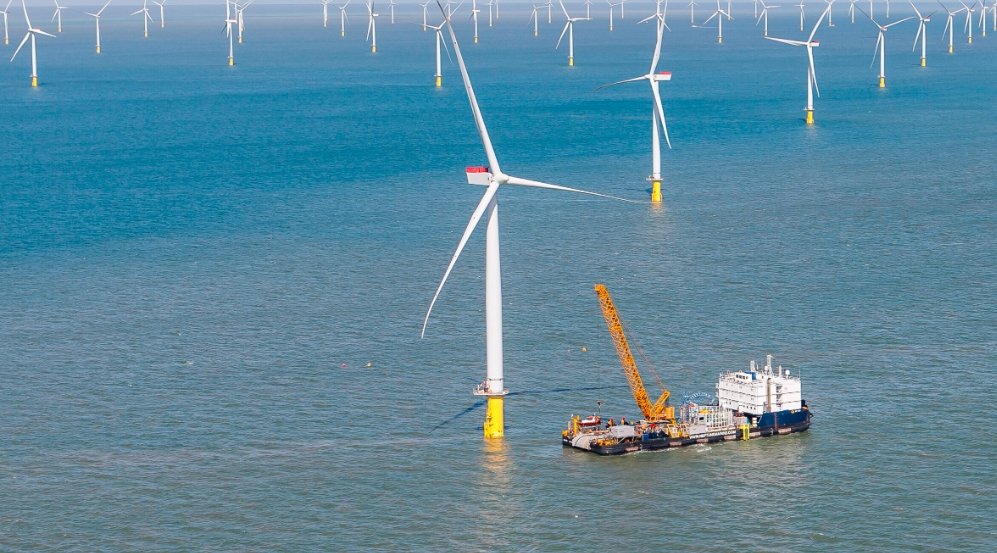Offshore Energies UK (OEUK) has announced that the offshore energy industry is on track to meet its climate goals, despite the challenges posed by the ongoing transition to renewable energy sources. The industry has made significant strides in reducing emissions and increasing the adoption of cleaner technologies. This progress is crucial for the UK’s broader efforts to achieve net-zero emissions by 2050. OEUK’s commitment to sustainability and innovation is paving the way for a greener future, with major projects in carbon capture, floating wind, and hydrogen production leading the charge.
Significant Emission Reductions Achieved
The offshore energy sector has made remarkable progress in reducing its carbon footprint. In 2022, the industry achieved a 24% reduction in production emissions, surpassing its interim target of a 10% reduction by 2025. This achievement was made possible through a combination of technological advancements and operational improvements. The sector also halved flaring and venting activities and cut methane emissions by 45% compared to 2018 levels.

These reductions are a testament to the industry’s commitment to sustainability. By investing in cleaner technologies and adopting best practices, the offshore energy sector is demonstrating that it is possible to balance economic growth with environmental responsibility. The success of these initiatives provides a blueprint for other industries looking to reduce their environmental impact.
Major Projects Driving Progress
Several high-profile projects are driving the offshore energy sector’s progress towards its climate goals. Carbon capture and storage (CCS) projects are at the forefront of these efforts, with significant investments being made to develop and deploy this technology. CCS is essential for reducing emissions from existing fossil fuel infrastructure and ensuring a smooth transition to renewable energy sources.
In addition to CCS, the industry is also investing heavily in floating wind and hydrogen production. Floating wind farms have the potential to generate large amounts of renewable energy, while hydrogen production can provide a clean and versatile energy source for various applications. These projects are not only helping to reduce emissions but also creating new economic opportunities and jobs in the offshore energy sector.
The Path to Net Zero
Achieving net-zero emissions by 2050 is a challenging but attainable goal for the offshore energy sector. The industry’s roadmap includes ambitious targets, such as halving greenhouse gas emissions from offshore operations by 2030 and achieving a 90% reduction by 2040. These targets are supported by a comprehensive strategy that includes continued investment in clean technologies, collaboration with stakeholders, and the development of supportive policies.
The UK government plays a crucial role in this transition by creating a stable and positive investment environment. By working closely with the offshore energy sector, the government can help unlock the necessary funding and support to achieve these climate goals. This partnership is essential for ensuring that the UK remains a leader in the global transition to a low-carbon economy.


















